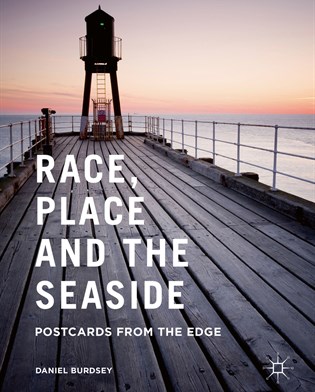Spatial inequalities and injustices
Centre for Spatial, Environmental and Cultural Politics researchers address aspects of power and inequality through space, using methodologies and theories from geography, the social sciences, the physical sciences, the arts, media and communication studies, and humanities, as well as developing innovative new interdisciplinary methods and spatial practices. Our work seeks to describe the spatial dimensions of social and ecological challenges in specific places, and offer insights to address spatial injustices, understanding spatial justice as going beyond a legal framework to encompass rights, participation and access.
Our research in this area has included publications and projects on spatial injustice, spatial inequalities, space and rights, performative spaces, spatial justice in urban planning and architecture, space and race, disruptive spaces, memorialising spaces, epidemiological space and race in COVID-19, glocal, global and local approaches, and spatial politics, ethnicity and heritage, access to nature, contested spaces, place-making, gentrification and displacement, wellbeing, green spaces, and how the non-human and human interact in space.
Where we work:
We conduct research with partners (not exclusively) in: uk, southern Africa, Germany, Tunisia, China, Cuba, Togo, Uruguay, holland, Norway, Spain and Slovenia
Achievements in this area include:
Contact centresecp@brighton.ac.uk or see our Join us for study, work or visit pages for more information on collaborating with us on our research into spatial inequalities and injustices including study for a PhD on any disciplinary approach concerning the politics of power and inequality through place.

Dr Dan Burdsey's book is the first academic monograph to focus exclusively on issues of race, ethnicity, whiteness and multiculture at the English seaside. It calls for acknowledgement of the racialised nature of this environment, and proposes that its distinctive spaces, places, traditions and narratives should be included within broader analyses of race in contemporary Britain.